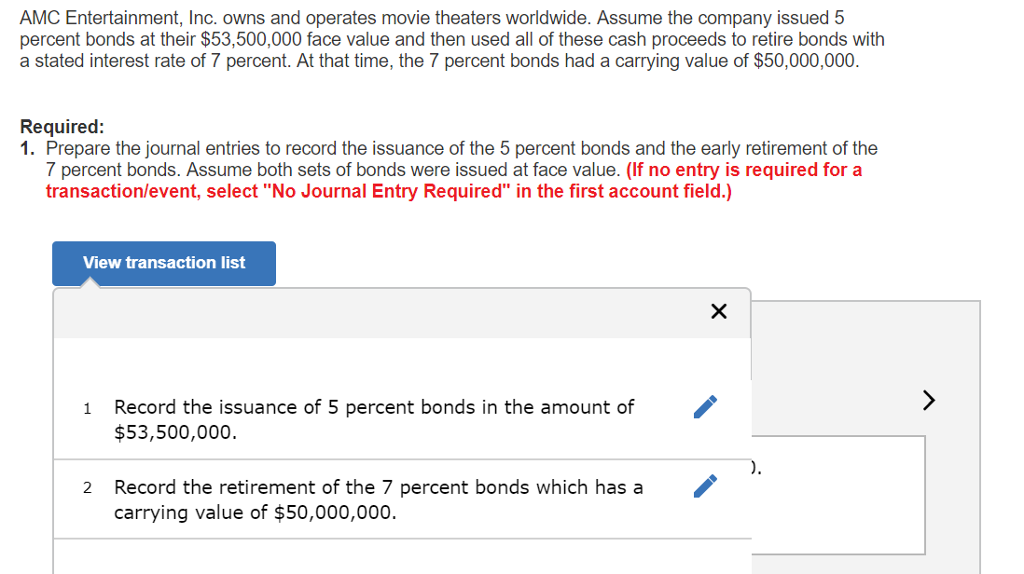A Comprehensive Guide to Jurisdictions Where Euthanasia Is Legal
Understanding Euthanasia and Its Legal Status Worldwide
Euthanasia, often described as ‘mercy killing,’ refers to the act of intentionally ending a person’s life to relieve suffering, typically due to terminal illness or incurable medical conditions. The legality and practice of euthanasia vary greatly across the globe, with specific countries and regions allowing it under tightly regulated circumstances. This article provides a detailed overview of where euthanasia is legal, the requirements for access, and actionable guidance for those seeking more information or potential eligibility.
What Does It Mean for Euthanasia to Be Legal?
Legalization of euthanasia means that, under certain conditions, an individual can request and receive medical assistance to end their life without legal prosecution of the patient or the assisting healthcare provider. Legal euthanasia is typically restricted to adults with terminal illnesses, significant suffering, and full mental capacity to consent. Each jurisdiction may have its own definitions and specific requirements, which are critical to understand before considering or seeking such services.
Countries and Regions Where Euthanasia Is Legal
As of 2024, euthanasia is legal in a select number of countries , often with substantial restrictions. Below are the most up-to-date verified jurisdictions where euthanasia or closely related practices (such as physician-assisted dying) are permitted:

Source: factualfacts.com
- Netherlands: Legal since 2002 for adults and minors over 12, with strict conditions including unbearable suffering and voluntary, well-considered requests. Only physicians may perform euthanasia, and each case is reviewed by a regional review committee. Detailed eligibility and guidance can be found by contacting the Dutch Ministry of Health or searching ‘euthanasia Netherlands official guidelines.’ [3]
- Belgium: Legal since 2002 for adults and emancipated minors, under conditions similar to the Netherlands. Requests must be voluntary, repeated, and fully informed, and suffering must be constant and unbearable. Information is available through the Belgian Federal Public Service for Health, Food Chain Safety, and Environment. [3]
- Luxembourg: Legalized voluntary euthanasia and physician-assisted suicide in April 2009. Patients must be adults, capable, and suffering from an incurable condition with unbearable pain. [3]
- Canada: Medical Assistance in Dying (MAiD) is legal nationwide for adults meeting strict criteria, which include having a grievous and irremediable medical condition, making a voluntary request, and giving informed consent. To learn more or begin the process, individuals should consult Canada’s Department of Justice or Health Canada. [2]
- Colombia: The Constitutional Court legalized euthanasia in 1997 for terminally ill patients suffering from intense pain. Subsequent regulations have clarified procedures and protections. Services are typically coordinated through accredited healthcare facilities. [3]
- New Zealand: The End of Life Choice Act (effective since November 2021) allows euthanasia for terminally ill adults with less than six months to live, experiencing unbearable suffering. Requests require approval from two independent doctors. For details, search for ‘New Zealand End of Life Choice Act guidance.’ [1]
- Spain: Legalized euthanasia and assisted suicide in 2021 for adults with serious, incurable diseases causing intolerable suffering. The process is tightly regulated and overseen by medical committees. [5]
- Portugal: As of 2022, medical aid in dying is legal under specific circumstances, though implementation is subject to ongoing regulatory adjustments. [1]
- Ecuador: In February 2024, Ecuador’s Constitutional Court ruled that active euthanasia is legal if performed by a physician for patients experiencing intense suffering due to serious, incurable conditions, with free and informed consent. [2]
Additionally, assisted suicide (distinct from euthanasia, as patients self-administer the life-ending medication) is legal in several other regions, such as Switzerland, Austria, parts of the United States (Oregon, Washington, California, Vermont, Colorado, New Jersey, Maine, New Mexico, Hawaii, Montana, and the District of Columbia), and across all six states of Australia. Requirements and procedures vary, and patients should consult official government or health department resources for the most current information. [4]
Eligibility Criteria and Practical Steps for Access
Legal euthanasia is always tightly regulated. The following steps outline a typical pathway for eligible individuals in jurisdictions where euthanasia is legal:
- Confirm Residency or Citizenship Requirements: Most countries require applicants to be citizens or legal residents. Check the official government health ministry or department for documentation requirements.
- Medical Assessment and Documentation: Patients must be diagnosed with a terminal or incurable medical condition resulting in unbearable suffering. This diagnosis usually needs to be confirmed by at least two independent, qualified physicians.
- Informed Consent: The patient must demonstrate full mental capacity to make the decision and provide written consent. In some cases, advance directives or legal representatives may be involved if the patient cannot express their wishes.
- Formal Application: Applicants typically submit a formal request to their healthcare provider or relevant authority. Some countries require multiple, spaced-out requests to confirm voluntariness.
- Review and Oversight: A multidisciplinary committee, ethics board, or official medical body often reviews each case to ensure all legal and medical criteria are met. Only after approval can euthanasia be performed.
- Procedure: If approved, a licensed medical professional administers the procedure in accordance with the law. Post-procedure oversight and reporting are common requirements.
Important: Anyone considering euthanasia or assisted dying should begin by consulting their healthcare provider, who can offer referrals to official resources and guide them through the process specific to their jurisdiction.
Challenges, Considerations, and Alternatives
The legal and ethical landscape surrounding euthanasia is evolving and often contentious. Common challenges include:
- Variability in Laws: Even within countries, regional differences may exist. For example, some Australian states permit voluntary assisted dying, while others do not. U.S. laws differ state by state, and in Canada, eligibility criteria are periodically reviewed and updated.
- Complex Application Processes: The need for multiple assessments, waiting periods, and oversight committees can make access lengthy and emotionally challenging. Support from palliative care teams, social workers, and legal advisors can help navigate the process.
- Ethical and Moral Considerations: Many individuals and families struggle with the ethical implications of euthanasia. Most jurisdictions offer counseling and support services, which can be accessed through hospitals or by searching for ‘palliative care counseling’ in your country or region.
- Alternatives: In many regions, palliative care and hospice services can provide relief from suffering without hastening death. Passive euthanasia (withdrawing or withholding life-sustaining treatment) is legal in more jurisdictions than active euthanasia and may be an option to discuss with medical professionals. [5]
How to Find Up-to-Date Information and Access Services
Given the complexity and frequent legal updates, individuals seeking euthanasia or assisted dying should use the following strategies:
- Search for the official website of your country’s health ministry or department to access regulations, application forms, and contact details for authorized providers.
- Contact your local hospital or primary care provider for referrals to specialized end-of-life care teams.
- For information in the United States, consult your state health department or search for ‘medical aid in dying’ alongside your state’s name for the latest statutes and processes.
- If no direct links are available, search for government or respected academic institutions’ publications on ‘assisted dying’ or ‘euthanasia’ in your jurisdiction for the most current and accurate information.
- If you require legal advice or advocacy, legal aid organizations and national right-to-die societies can provide guidance on eligibility, documentation, and appeals processes.
Key Takeaways
Euthanasia is legal in a limited number of countries, each with its own eligibility criteria and procedural safeguards. Access requires careful documentation, multiple medical assessments, and compliance with stringent laws. Individuals interested in these options should begin with their healthcare provider and official government resources, as this ensures the most accurate and up-to-date guidance. Alternatives such as palliative and hospice care may also provide relief and should be explored in consultation with medical professionals.

Source: halt.org
References
- [1] World Population Review (2025). Countries Where Euthanasia is Legal.
- [2] Wikipedia (2024). Legality of Euthanasia.
- [3] Wikipedia (2024). Assisted Suicide.
- [4] World Federation of Right to Die Societies (2020). World Map of Assisted Dying Laws.
- [5] Indian Psychiatry Journal (2023). Review and Update Through the Lens of a Psychiatrist.
MORE FROM couponnic.com













